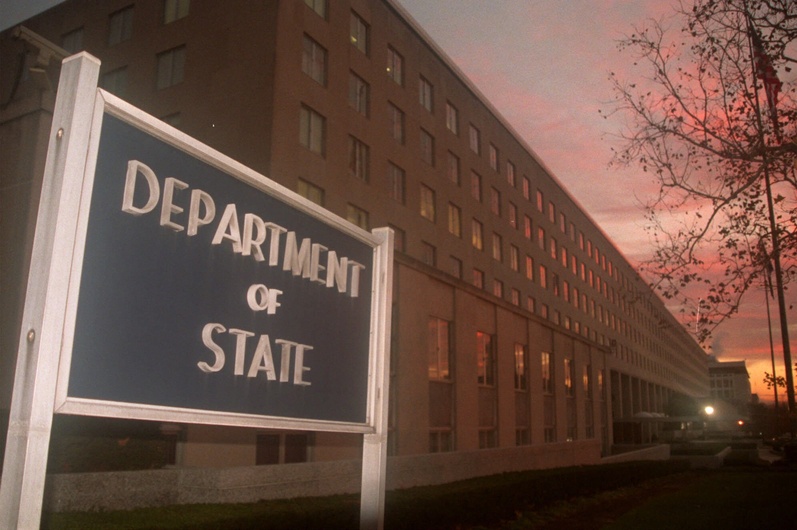It may be that no other nation in history has suffered a diplomatic catastrophe like the one the release of 250,000 secret State Department cables has imposed on this country.
The cables were apparently turned over to a group called WikiLeaks by Bradley Manning, a disgruntled Army intelligence analyst who is now in custody. They contain U.S. diplomats’ candid and often critical comments on the leaders and policies of other nations, including many allies as well as opponents. (“Wiki” is a term for a website open to rapid updates from a wide variety of sources.)
The new disclosures, which follow the release of previous batches of videos and memos on U.S. military actions in Iraq and Afghanistan, have left political and diplomatic figures reeling at the highest levels.
Among the cables are documents claiming North Korea has furnished long-range missiles to Iran; requests by Saudi Arabia and other Mideast nations for the United States to attack Iran to prevent it from acquiring nuclear warheads; allegations that officials in other nations readily took bribes to influence their countries’ foreign policy; and efforts by nominal allies of the United States to interfere with sanctions imposed on Iran by the United Nations. The disclosures also discuss human trafficking and illegal arms shipments and contain many examples of U.S. diplomats criticizing allied nations such as Great Britain.
The cables were released by Julian Assange, an Australian living in Switzerland. While what he has done appears not to be illegal there, calls are rising for it to be declared a crime and the site shut down. Assange is also said to be under investigation for unrelated offenses in Sweden.
While some way may be found to punish Assange or future leakers, and Manning faces a court-martial, the lesson this nation (and many others) should learn is that carelessness means secrets won’t be secrets for long. There are those who rejoice over the publication of such things, because to them revealing the truth outweighs any other consideration.
But diplomats need the freedom to be honest in reporting their contacts and opinions to their superiors.
That some of those views and reports may seem unsavory in the light of day is an unfortunate fact, but not one that outweighs the necessity for secrecy.
As we now see, the cost of failing to keep secrets secure is high – potentially including an increased risk of international conflict.
Send questions/comments to the editors.



Comments are no longer available on this story